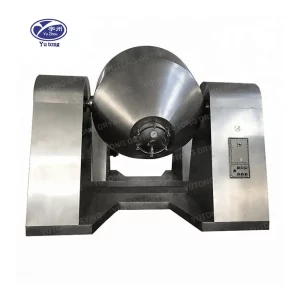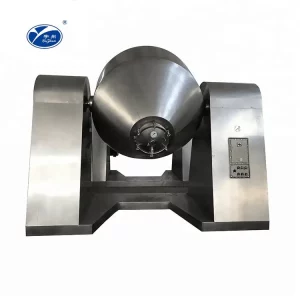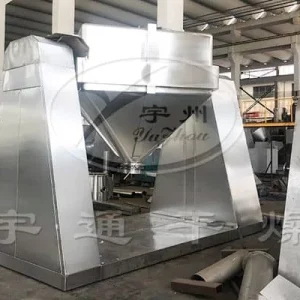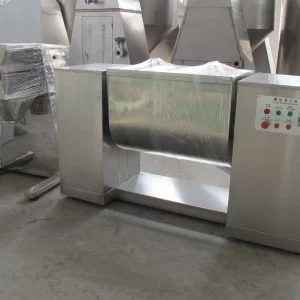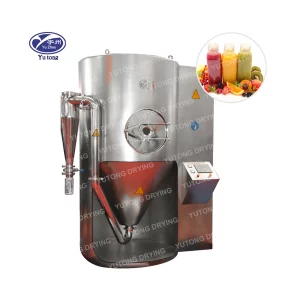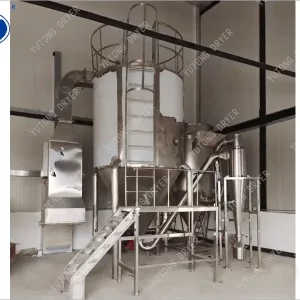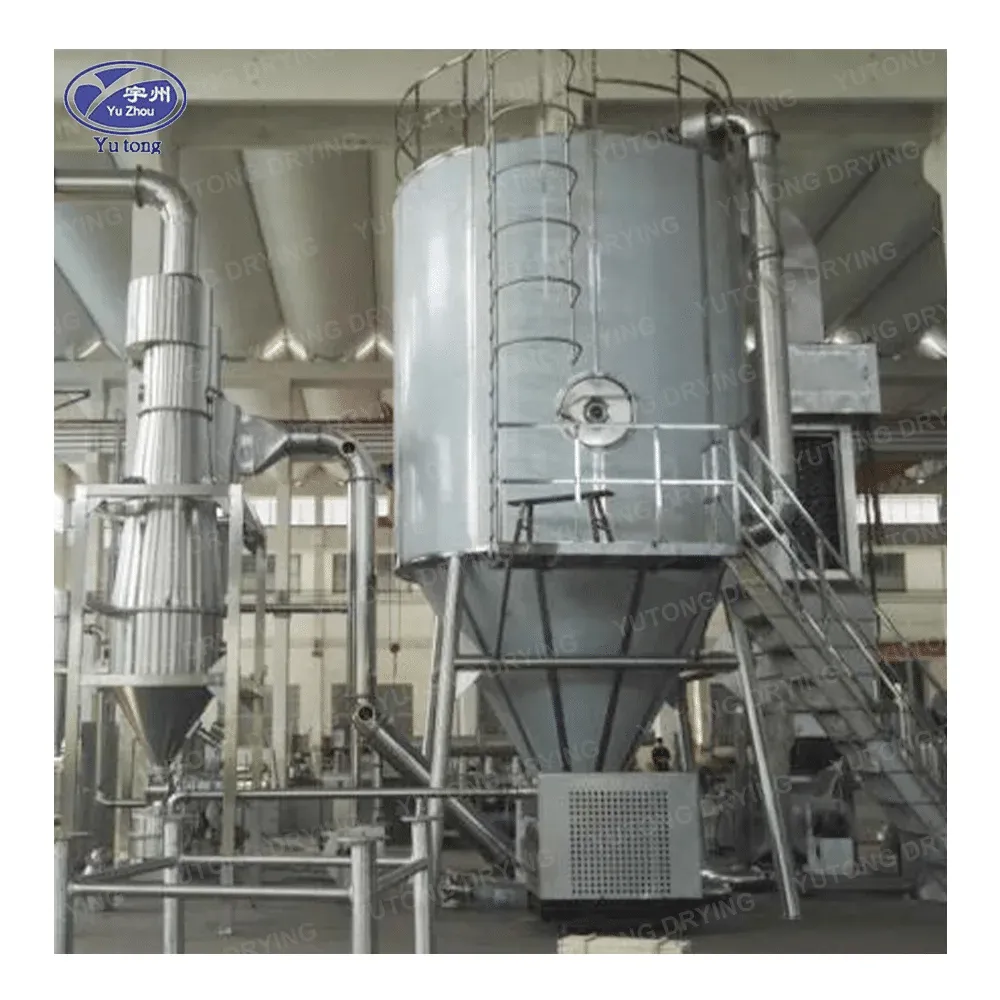A vacuum dryer is an advanced piece of equipment used across a variety of industries, including pharmaceuticals, food processing, chemical manufacturing, and material science, for the purpose of drying materials under reduced pressure conditions. Unlike conventional drying methods that operate at atmospheric pressure, vacuum dryers offer several unique advantages that make them particularly suited for applications where temperature sensitivity, product purity, and efficiency are critical factors. In this detailed article, we will explore the purpose, design, operation, and benefits of vacuum dryers, as well as their specific applications across different sectors.
Purpose of Vacuum Dryers
The primary purpose of a vacuum dryer is to remove moisture or solvents from materials using a combination of heat and vacuum. The reduced pressure environment lowers the boiling point of liquids, allowing them to evaporate at lower temperatures compared to atmospheric conditions. This feature is especially useful for drying heat-sensitive materials that could degrade or change properties at higher temperatures. Additionally, the vacuum helps to speed up the drying process by removing the vapor phase immediately, preventing condensation and promoting efficient evaporation.
Design and Operation
Vacuum dryers come in various designs, including tray dryers, rotary dryers, and fluid bed dryers, each tailored to specific needs and material properties. They typically consist of a sealed chamber, a heating system, and a vacuum pump. The material to be dried is placed inside the chamber, which is then evacuated to create a vacuum. Heat is applied either directly to the material or indirectly through the chamber walls. As the solvent or water evaporates, it is removed by the vacuum pump, ensuring continuous and rapid drying.
Benefits of Vacuum Drying
1. Temperature Sensitivity: Vacuum dryers allow for the drying of temperature-sensitive materials without causing thermal degradation.
2. Enhanced Efficiency: The reduced boiling point and immediate removal of vapor lead to faster drying times and improved efficiency.
3. Product Quality: By minimizing exposure to air and controlling the drying environment, vacuum dryers help preserve the quality and purity of the final product.
4. Solvent Recovery: In processes involving solvents, vacuum drying enables the recovery and reuse of solvents, reducing costs and environmental impact.
5. Flexibility: Vacuum dryers can handle a wide range of materials, from powders and granules to pastes and slurries, making them versatile tools in manufacturing.
Specific Applications
Pharmaceutical Industry
In pharmaceutical manufacturing, vacuum dryers are crucial for the drying of active pharmaceutical ingredients (APIs), intermediates, and finished products. They ensure that temperature-sensitive compounds are preserved, and the purity and potency of the drugs are maintained.
Food Processing
For food products that require gentle drying to preserve nutrients, flavors, and textures, vacuum dryers are employed. This includes the dehydration of fruits, vegetables, and herbs for culinary and health supplement uses.
Chemical Manufacturing
Chemical manufacturers use vacuum dryers for the drying and purification of chemical compounds. The ability to recover solvents and the controlled drying conditions are particularly beneficial in this sector.
Material Science
In material science research and production, vacuum dryers are used for drying polymers, resins, and other materials where control over the drying process is essential for achieving desired physical and chemical properties.
Challenges and Considerations
While vacuum dryers offer numerous advantages, they also present some challenges. The initial investment and operating costs can be higher than those of standard dryers. Moreover, the complex nature of vacuum drying requires careful monitoring and control to achieve optimal results. Proper maintenance and regular cleaning are also crucial to prevent contamination and maintain performance.
Conclusion
Vacuum dryers serve a vital role in various industries by providing a method of drying materials under controlled conditions that preserve product quality and efficiency. Their ability to handle temperature-sensitive materials, enhance drying speed, and promote solvent recovery makes them indispensable in modern manufacturing processes. As technology advances and industries strive for greater sustainability and efficiency, the importance of vacuum dryers is likely to grow, offering solutions that meet the evolving needs of diverse sectors.

